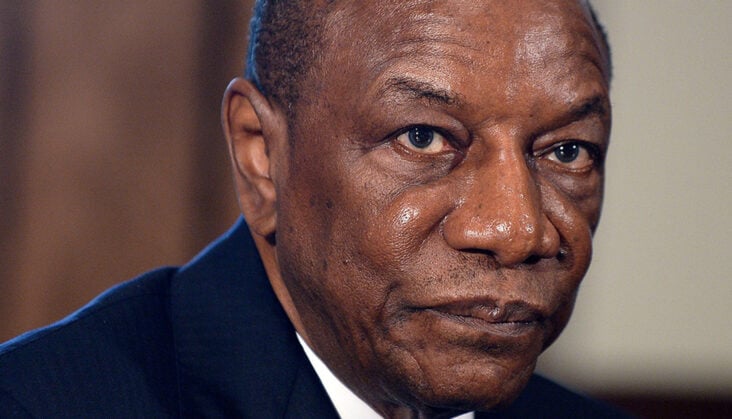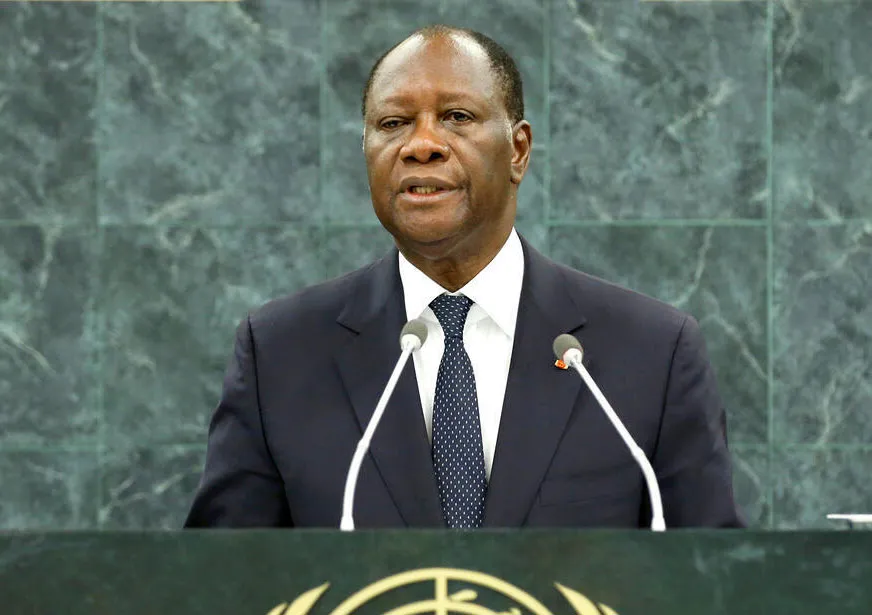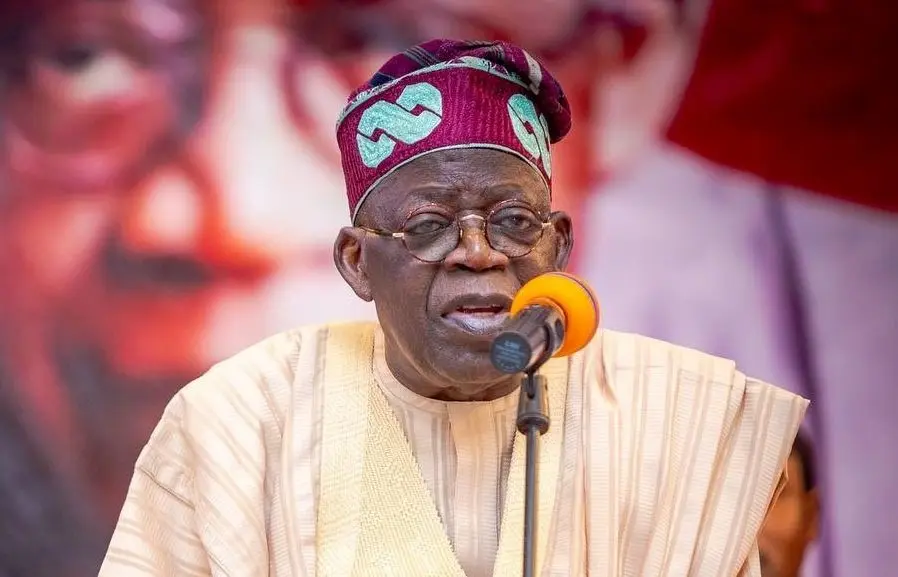Top Lists
Top 10 Oldest Presidents In Africa 2023
The top 10 oldest presidents in Africa in 2023 exemplify the longevity and experience of leadership on the continent.
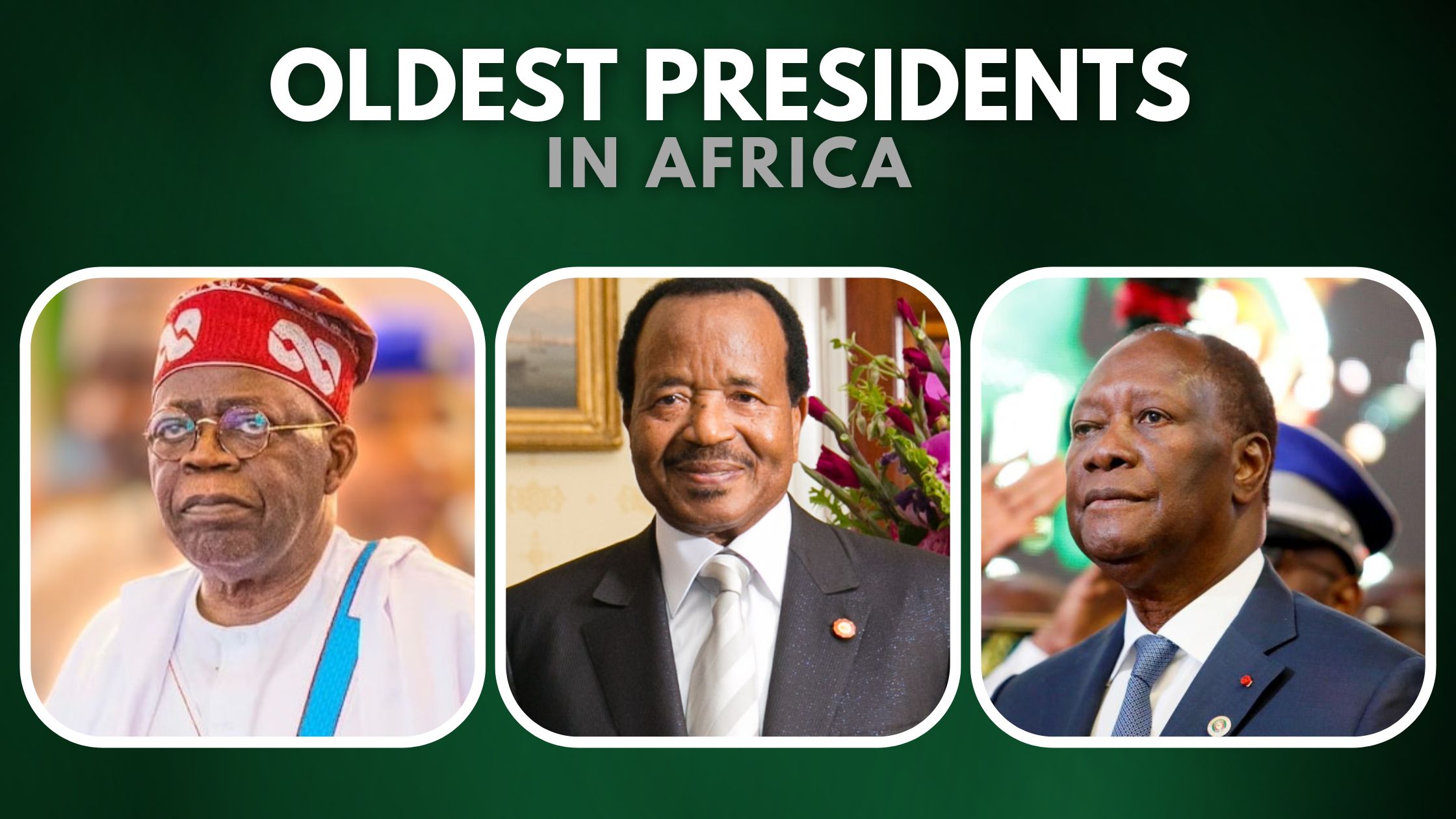
In the dynamic landscape of African politics, the age of presidents often sparks curiosity and raises questions about leadership, wisdom, and the future of the continent. In recent times, it has sparked outrage amongst the younger generation who believe that youths can govern better if given the chance. This has led to an increase in the number of youth participating in politics in Africa.
In this article, we will take a look at the Top 10 Oldest Presidents in Africa in 2023. You will learn about their backgrounds, their leadership, and the implications of having older leaders at the helm.
Methodology and Criteria for Ranking
The methodology and criteria for ranking the oldest presidents in Africa are primarily based on the chronological age of the leaders at the time of assessment. Extensive research is conducted to gather accurate and up-to-date information on the birthdates of African presidents. The ages are then compared, and the presidents are ranked in descending order based on their age when they left office or still serving. The criteria focus solely on age and do not consider factors such as political achievements or tenure in office.
The Top 10 Oldest Presidents in Africa
1. Paul Biya (Cameroon)
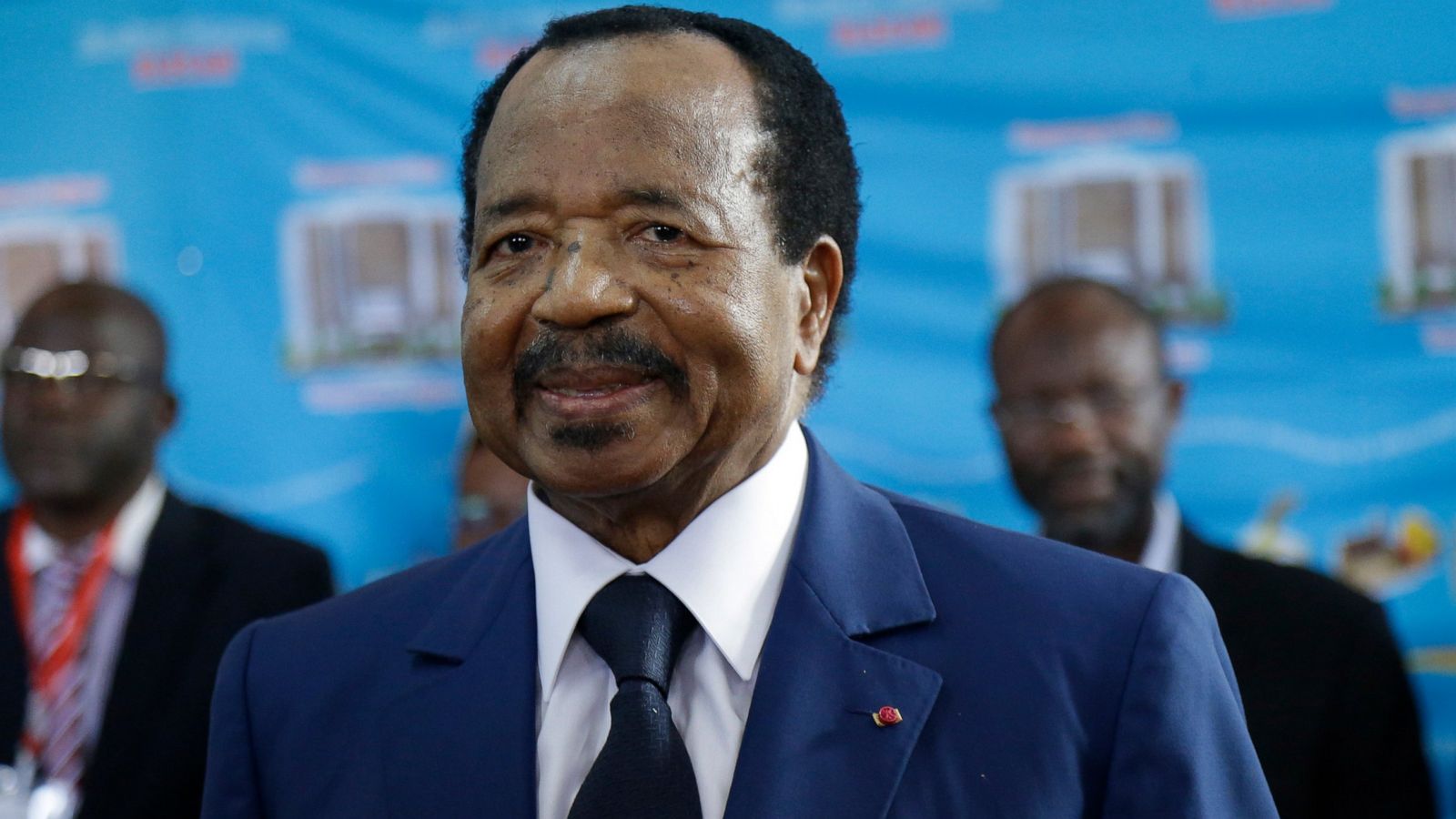
Paul Biya is the oldest president in Africa and one of the oldest in the world. Born on February 13, 1933, Paul has been the President of Cameroon since November 6, 1982, making him the second longest-serving president in Africa’s history.
As of 2023, Paul Biya is 90 years old and still serving as the president of Cameroon for 41 years consecutively. His extended presidency has seen both achievements and challenges, raising discussions about succession planning and the future of Cameroon’s leadership.
2. Alpha Condé (Guinea)
In 2010, Alpha Condé was elected as the president of Guinea at the age of 72. He served as the country’s president for over a decade, until 2021, when he was removed from power in a military coup at the age of 83.
The military coup was triggered by allegations of corruption, human rights violations, and economic mismanagement during his presidency. The events surrounding Condé’s ousting highlight the complex challenges faced by leaders and the impact their actions can have on the political landscape of a nation.
3. Alassane Ouattara (Ivory Coast)
Alassane Dramane Ouattara is the president of Ivory Coast (Côte d’Ivoire). The 81-year-old economist assumed office in 2010 at the age of 68 and currently serving his third term as elected president. Previously, Ouattara served as the Prime Minister of Côte d’Ivoire from November 1990 to December 1993.
4. Teodoro Nguema Mbasogo (Equatorial Guinea)
Speaking of legendary leaders, Teodoro Obiang Nguema Mbasogo is the longest-serving president, not only in Africa but in the world. He is second only to Paul Biya of Cameroon as the longest-ruling non-royal national leader for consecutive years.
Teodoro took over as the president of Equatorial Guinea in 1979 after a military coup, becoming the second person to hold the office of the president. Having served for 43 years, the 80-year-old president showed interest to run for the sixth term in 2022 and won the election with a 95% vote.
5. Ismail Omar Guelleh (Djibouti)
Ismail Omar Guelleh, born on November 27, 1947, is one of the top 10 oldest presidents in Africa in 2023. He has been serving as the president of Djibouti since 1999, holding the position for over two decades. Transitioning from his predecessor, Guelleh has faced numerous challenges during his presidency.
However, despite these obstacles, he has remained in power, demonstrating his resilience and ability to navigate the complex political landscape of his country.
6. Emmerson Mnangagwa (Zimbabwe)
The 80-year-old Zimbabwean political assumed office as the president in 2017 at the age of 75. Prior to that, he served as vice president to Robert Mugabe from 2014 to 2017 when he was dismissed.
Shortly after, Robert Mugabe was sacked from his party, ZANU-PF, and ordered to resign or face impeachment. The party effectively nominated Mnangagwa as his successor. After much hesitation, Robert Mugabe resigned from office, ending his 37-year rule, and Emmerson Mnangagwa became the president.
7. Bola Ahmed Tinubu (Nigeria)
Bola Ahmed Tinubu is a Nigerian politician currently serving as the 16th president of Nigeria, he was born on March 29, 1952, (71 years old) and is among the top 10 oldest presidents in Africa in 2023. Prior to his presidency, he held the position of governor of Lagos State from 1999 to 2007.
Tinubu also served as a senator representing Lagos West during the Third Republic. With his extensive political experience, he has played a significant role in Nigerian politics, contributing to the development and governance of the country.
8. Nana Akufo-Addo (Ghana)
Nana Addo Dankwa Akufo-Addo is a 79-year-old prominent Ghanaian politician who assumed the presidency of Ghana in 2017 after two previous unsuccessful attempts at the presidential race in 2008 and 2012.
Prior to his presidency, he held significant governmental positions, including serving as Attorney General from 2001 to 2003 and as Minister for Foreign Affairs from 2003 to 2007 during the administration led by John Kufuor.
9. Yoweri Museveni (Uganda)
Yoweri Kaguta Museveni Tibuhaburwa is a 78-year-old Ugandan politician and retired senior military officer who currently serves as the 9th President of Uganda. He assumed office on January 26, 1986, following his participation in the rebellion that overthrew Ugandan leaders Idi Amin (1971-79) and Milton Obote (1980-85).
Museveni was initially hailed as a hero by the West for his role in bringing stability to Uganda. However, over time, he made changes to the political landscape, such as scrapping presidential term limits in 2005, which allowed for the extension of his own governance. These alterations have sparked debates and discussions about democratic principles and the consolidation of power within Uganda.
10. Abdelmadjid Tebboune (Algeria)
Rounding off the list is the 77-year-old Algerian president, Abdelmadjid Tebboune. He assumed office as the President of Algeria in December 2019. Prior to his presidency, Tebboune held various cabinet positions and briefly served as the prime minister in 2017. His victory in the election was characterized by a significant mandate, reflecting a strong popular mandate for his leadership.
Age and Leadership
Throughout Africa’s history, we find both success stories and challenges associated with older leaders. Some have brought stability, wisdom, and effective governance to their nations, leaving behind a positive legacy. Others have faced difficulties in adapting to rapidly evolving circumstances, hindering progress and stifling innovation. These experiences offer valuable lessons as we analyze the impact of age on leadership.
As we examine the role of age in leadership, it is essential to consider both the advantages and challenges that older presidents may face. Wisdom and experience, accumulated over the years, can provide a valuable perspective for decision-making. However, it’s also crucial to acknowledge potential health concerns that could impact a leader’s ability to govern effectively. Furthermore, older leaders may face resistance to change and innovation due to generational differences and entrenched mindsets.
Looking ahead, the presence of aging presidents raises questions about the future of Africa’s political landscape. Considerations of succession and a smooth transition of power are paramount to ensuring stability and progress. Moreover, upcoming elections and potential changes in leadership will have significant implications for the continent’s trajectory.
Here is a list of the Top 10 Oldest Presidents In Africa
1. Paul Biya (Cameroon)
2. Alpha Condé (Guinea)
3. Alassane Ouattara (Ivory Coast)
4. Teodoro Nguema Mbasogo (Equatorial Guinea)
5. Ismail Omar Guelleh (Djibouti)
6. Emmerson Mnangagwa (Zimbabwe)
7. Bola Ahmed Tinubu (Nigeria)
8. Nana Akufo-Addo (Ghana)
9. Yoweri Museveni (Uganda)
10. Abdelmadjid Tebboune (Algeria)
Conclusion
While age can bring wisdom, it also presents unique challenges that must be navigated. As Africa continues to evolve, the interplay between experienced leaders and the emergence of younger generations will shape the continent’s destiny. It is within this context that the future of African leadership takes shape, propelled by a dynamic intergenerational dialogue and a quest for progress.

